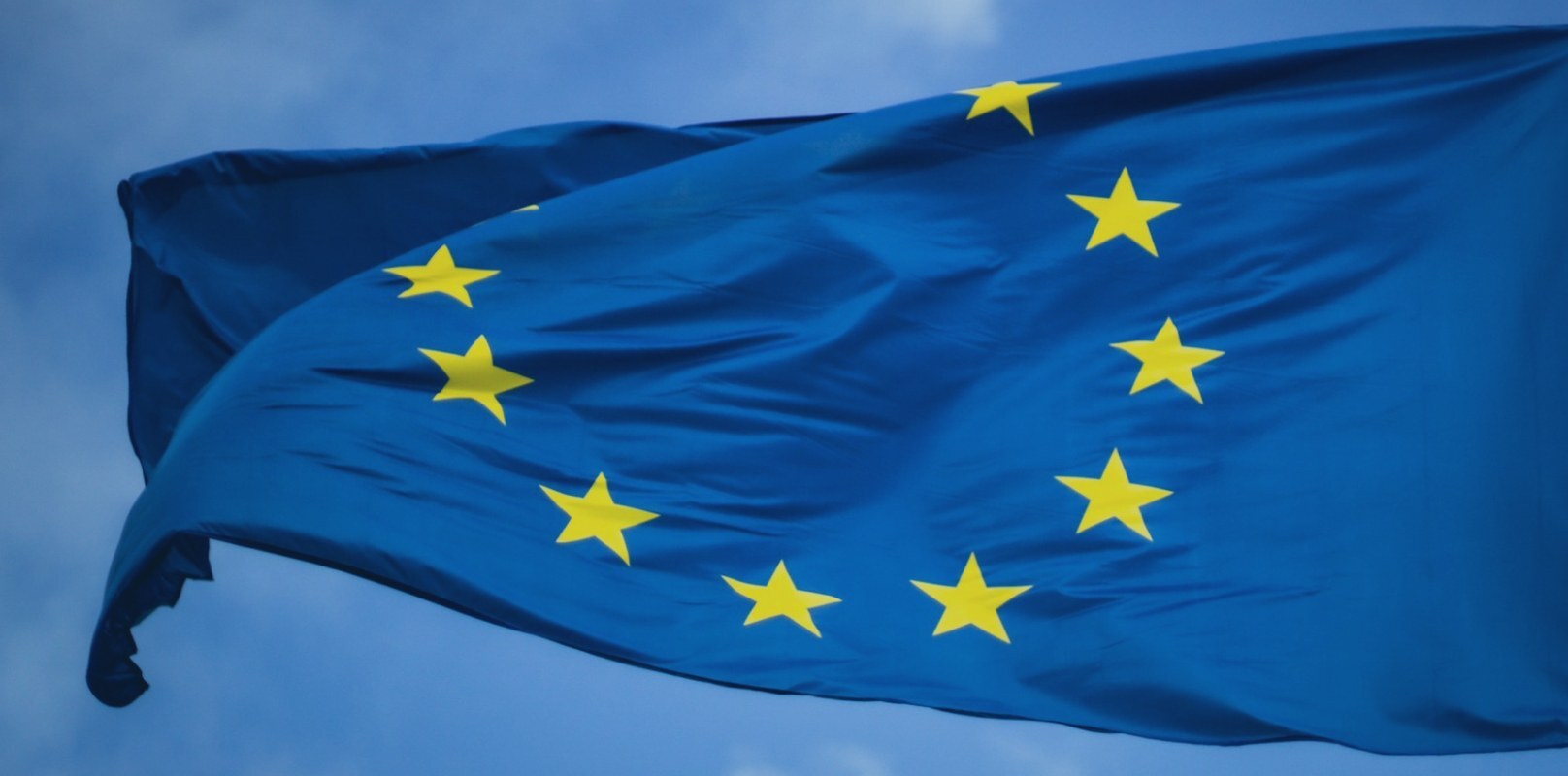The Foreign Direct Investment (FDI) Screening Regulation (Regulation 2019/452/EU) (Screening Regulation) has applied since October 2020, but at the beginning of 2024 the European Commission (EC) presented proposals to upgrade the framework.
The proposal is part of a broader European economic security package in response to global economic changes. These proposals intend to repeal and replace the existing Screening Regulation with minimum standards for national EU screening mechanisms and stricter screening rules that Member States will need to ‘harmonise’ their national laws with, for example, grounds for pre-transaction screening and the scope of investors caught. We expand on this a bit more below, as well as tackling some other key points we often get asked.
What is the FDI Screening Regulation and how does it impact shareholding disclosure rules?
The Screening Regulation: It established an information sharing and co-operation framework for the EC and Member States’ national authorities to share information on foreign investment into the EU based on security or public order concerns which may affect more than one Member States. Due to the high degree of integration of different nations in the EU, investment in one Member State could impact the security of another or even the Union as a whole. Screening and information sharing is considered vital to regulate and mitigate these risks.
The Screening Regulation does not, and will not under the current proposals to replace it, impose a fully harmonised set of national security review rules on Member States. There will still be differences between Member States’ national FDI screening rules and notification procedures. At aosphere we have seen varied approaches to FDI screening at national levels.
National approaches to shareholding disclosure rules: When the EC tabled the original proposal in 2017, 11 Member States had a national FDI screening mechanism in place. As at June 2025, 25 Member States have national FDI screening rules. So far this year we have seen Ireland’s rules coming into effect in January 2025 and most recently, on 23 May 2025 Greece’s first national FDI screening mechanism entered into force. Croatia and Cyprus are, as at June 2025, the only Member States still in the process of legislating for a national FDI screening mechanism.
In addition to the introduction of new rules, there has also been a notable increase in changes to national FDI screening mechanisms since the Screening Regulation came into effect in 2020. Take Germany and France - both had FDI screening mechanisms in place before 2020, but with the advent of the Screening Regulation they both amended their existing foreign investment rules further on a number of occasions, lowering thresholds triggering the screening process and expanding the sectors subject to screening.
For these national FDI rules, the devil is in the detail. Rules may be multi-layered or apply to different foreign investor sets, as determined by the national regulator, for example:
- Germany – rules differentiate between different sectors: (a) mandatory clearance applies to investments in critical infrastructure at a starting threshold of 10% and 20% in other sensitive sectors; and (b) 25% in other German companies which may be reviewed. Germany's rules apply to non-EU / non-EFTA investors and since Brexit this includes investment from the UK;
- Contrast Germany’s approach with Spain where pre-transaction approval is required at a starting threshold of 10% for investments in a range of restricted sectors by EU / EFTA investors (this extended scope of investors applies until 31 December 2026);
- In Italy, its Golden Power rules apply to 10% holdings (monetary threshold also applies) in strategic companies / assets which require pre-completion notification by non-EU investors. Rules extend to ‘control’ level if it is an EU investor, which includes Italian investors;
- Sweden’s FDI screening regime, which came into effect in December 2023, illustrates the breadth of national screening rules. These rules require pre-transaction notification for investments starting at 10% by foreign and domestic investors in protected industries conducted by Swedish companies (which is a broad range of activities);
- Greece’s FDI screening rules, which took effect in May 2025, illustrate how national screening rules can be broader in scope than the EU FDI screening framework. The Screening Regulation includes an exemption for portfolio investments and the proposed replacement regulation retains this exemption i.e. the acquisition of company securities intended purely for financial investment, without intention to influence management and control of the undertaking is not in scope. However, Greece’s FDI rules contain a limited portfolio investment exemption to screening, only applicable to natural persons who acquire shares solely as a financial investment (without any intention or ability to influence the management or control of the target). Institutional investors and legal entities are expressly excluded from the exemption.
- Investment thresholds for screening vary between countries – some only look at % equity investments, others also capture monetary transaction thresholds – see for example, Italy, Ireland, Hungary and Romania; and
- The disclosure / notification process is set by each national authority and varies in terms of timing for notifications and how the notification is submitted.
- Most EU countries have a separate standard notification form to complete together with a list of additional supporting materials to submit. Some countries, such as Germany and Sweden have a notification portal to simplify the application process.
- Different national authorities have varying timelines to respond to a screening notification. In Spain, investors can use a voluntary pre-filing process, which allows them to request a confidential consultation to assess if their investment requires FDI screening. The relevant Spanish authority has 30 business days to respond and the decision is binding.
- The information required by each national authority also naturally varies. Belgium requires investors to provide information about who the shareholders are up to the level of the ultimate beneficial owner (it’s screening rules capture investments by foreign investors which includes undertakings the ultimate beneficial owner of which have their main residence outside the EU).
What might change and when?
The European Parliament approved the revised text to replace the Screening Regulation in May 2025. But the proposals are yet to be negotiated and agreed with Member States so are still subject to change. The current proposals would:
- Create a shift from voluntary to mandatory national FDI vetting, compelling those Member States that have no FDI screening mechanism in place to create one and ensure the screening rules in place are better harmonised. Note though, only two Member States do not currently have an FDI screening regime;
- Change the material scope to include indirect investments by EU investors that are ultimately controlled by individuals or businesses from a non-EU country. The current framework covers EU investments made by EU companies directly owned or controlled by non-EU entities;
- Provide (a) a list of minimum sensitive sectors where all Member States must screen foreign investments and (b) a wider scope of security and public order risks subject to mandatory filing, including, amongst others, economic security; and
- Require Member States to screen certain greenfield investments (i.e. where a foreign investor establishes new facilities or businesses in the EU rather than investing in an existing business established in the EU) over a minimum monetary threshold.
The proposals will also give the EC new additional powers to prohibit or impose remedies on mergers on national security or public order grounds where it or another Member State disagrees with the decision of the host Member State i.e. where the foreign investment is taking place. This would be a departure from the principle that national security matters are the purview of Member States.
The proposals continue to encourage information sharing and co-operation and lean into a more structured approach to this to improve alignment in multi-jurisdictional transactions, so it is expected that Member States will refine their rules which aosphere will continue to track and inform subscribers about.
The timing for the legislative process is not certain, but if adopted, the new regulation would repeal the current Screening Regulation and enter into force after a transitional period of around 12 months.
You can read more about changes the proposal may bring here.
Final words: FDI is a complex area and further local advice may be required for effective transaction planning.
This article was extracted from aosphere’s Shareholding Disclosure blog content and has been updated to reflect the approval of the proposed changes to the screening regulation in plenary.
How aosphere can help
Rulefinder Shareholding Disclosure provides comprehensive analysis of shareholding disclosure rules in 100+ jurisdictions, covering substantial shareholdings, short selling, sensitive industries, takeovers, and issuer requests.
The detail is there for those who need it, but we also provide summaries and threshold apps for those who don’t.






